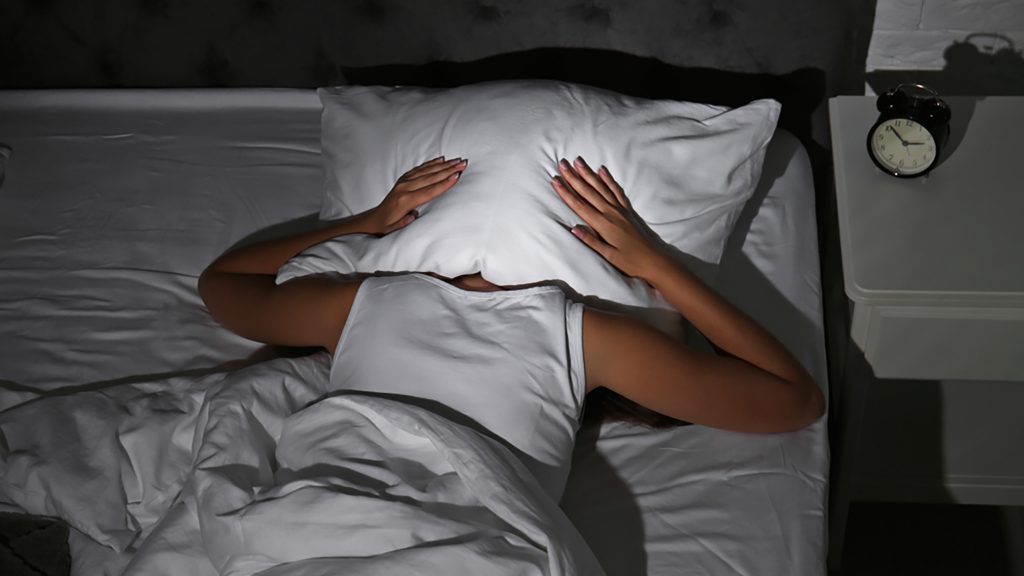Learn about nightmare disorder, its symptoms, causes, and when to consult a therapist to improve sleep quality and daytime functioning.
What is Nightmare Disorder?
A nightmare is a disturbing dream that causes anxiety or fear and wakes you up. Nightmares are common in children but can occur at any age. Occasional nightmares are usually not a cause for concern.
Nightmare disorder occurs when nightmares happen frequently, cause distress, disrupt sleep, impair daytime functioning, or create a fear of going to sleep. It can significantly affect both children and their caregivers.
Symptoms
- More likely to occur in the second half of the night.
- Vivid, real-feeling dreams often about threats or danger.
- Waking up and difficulty falling back asleep.
- Feelings of fear, anxiety, anger, sadness, or disgust.
- Sweating or rapid heartbeat upon waking.
- Clear memory of the dream causing distress.
Nightmare disorder is considered when:
- Occurrences are frequent.
- There is significant daytime distress or fear of bedtime.
- Concentration, memory, or functioning at work, school, or socially is impaired.
- Daytime sleepiness, fatigue, or low energy is present.
When to See a Therapist
- Nightmares are frequent and persistent.
- Regularly disrupt sleep.
- Cause fear of sleeping or behavioral issues during the day.
Causes
Nightmare disorder is a type of parasomnia, a sleep disorder involving undesirable experiences during sleep or upon waking. Possible triggers include:
- Stress or anxiety: Daily problems, major life changes.
- Trauma: Accidents, abuse, PTSD.
- Sleep deprivation or irregular sleep schedules.
- Medications: Certain antidepressants, blood pressure meds, beta blockers, Parkinson’s drugs, smoking cessation drugs.
- Substance use or withdrawal: Alcohol or recreational drugs.
- Other disorders: Depression, heart disease, cancer, or other sleep disorders.
Scary media: Reading frightening books or watching scary movies before bed.



